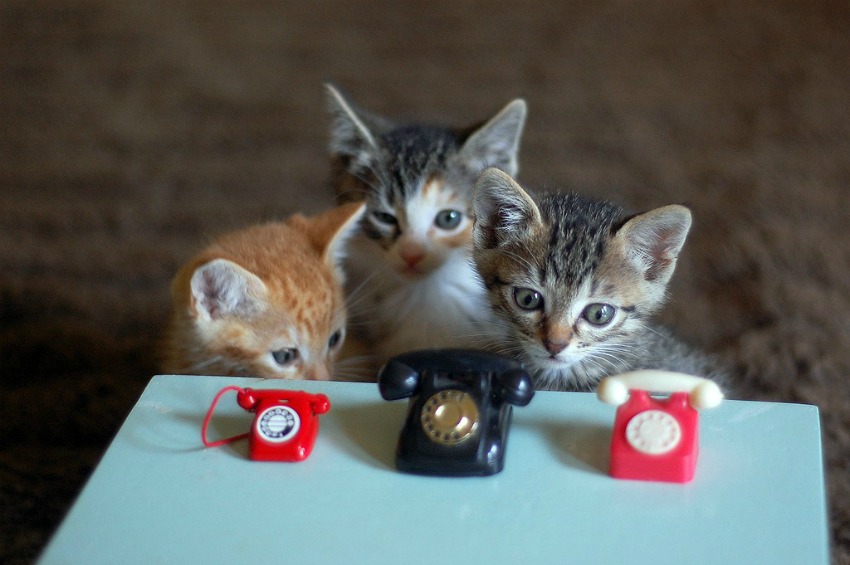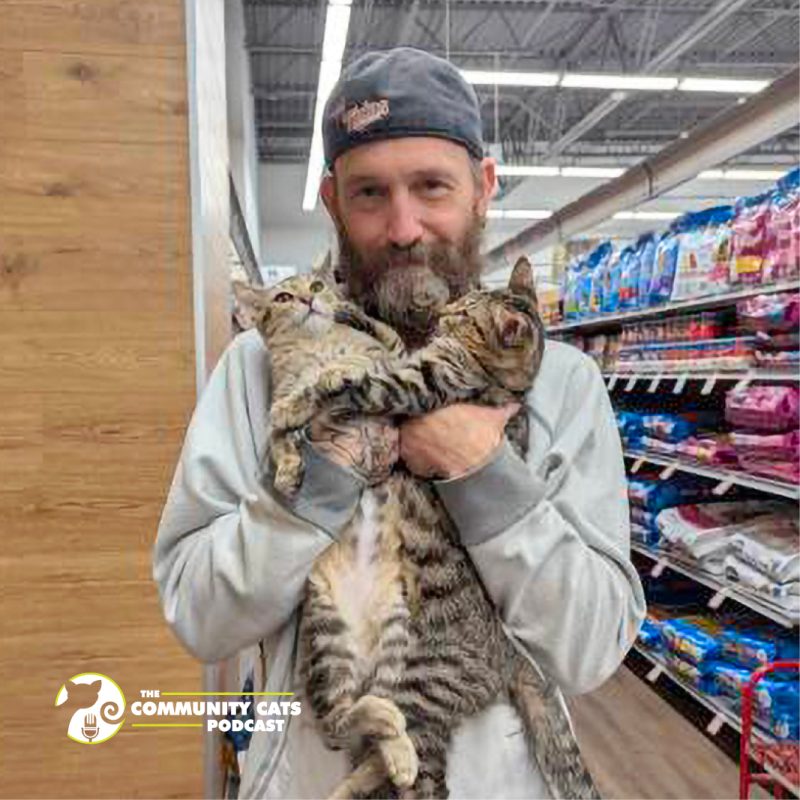
Best Holiday Gifts for Cats
December 10, 2017
Top Tips: Fundraising and Donor Engagement
December 18, 2017
“An important and usually neglected part of estate planning is what will happen to a client’s pets and animals. Charities which are already overburdened than have to step in, taking resources away from their other needs.”
Frances Carlisle is a New York attorney who prepares wills and trusts, including trusts for animals. She was one of the original members of the New York City Bar Animal Law Committee and has appeared on Animal Planet to discuss the importance of estate planning for continuing care of animals as well.
Because animals can’t be a beneficiary, but there are two different ways to provide for continuing care after something happens to a pet owner:
- Leave an outright bequest for a fund to take care of the animal. A pet owner could set up a fund for a family member or other caretaker to help defray the cost of care for the animal. Frances also suggests having two or three names to make sure that if your top choice suddenly can’t take the animal, there is a back up.
- Create a trust for an animal. This offers more protections for the animal. It names your animal as a beneficiary through a trustee who will ultimately be in charge of overseeing everything for the duration of the pet’s life.
While working with an attorney may be too expensive for some, there is a new website called mypetwill.com, where you can create these items relatively inexpensively.
Frances also discusses sanctuaries for pets with a long lifespan that may outlive their owners by many years, like horses or other larger animals. A sanctuary or stable could be a great option in those cases.
It’s also important to think about what a pet owner would do for an extended hospitalization or if he or she was suddenly incapacitated. It’s a wise idea to set up an arrangement where someone can immediately feed and care for an animal. A power of attorney may be needed in these cases. Frances recommends carrying a card in your wallet that gives directions on what to do with pets that may be at home in case of emergency. In the case of community cats, a caretaker may want to make sure they give detailed locations and descriptions of where they feed and take care of a colony.
Finally, Frances discusses how to consider what to do with your pets when they die. It’s important to make sure your beloved pets are properly taken care of not only in life, but in death as well!
Listen to Episode #227 Now










